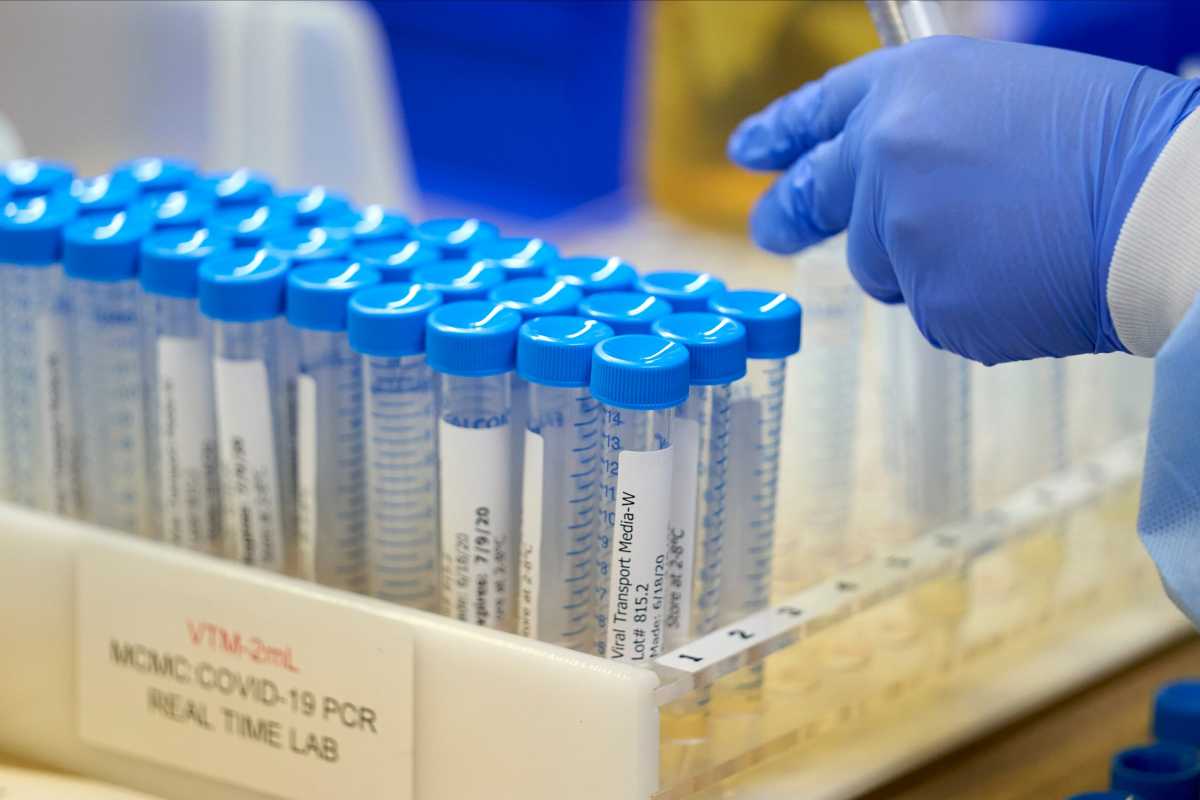COVID-19 cases are continuing to grow at an “alarming” rate in some New York City neighborhoods, making up for 25% of all new cases citywide over the last two weeks, Health Department officials reported Monday.
Last week, the city announced it was keeping an eye on six neighborhoods in Brooklyn and Queens with recent upticks in coronavirus cases. On Monday, the department issued a warning on the same neighborhoods and two new ZIP codes with updated infection rates:
- Gravesend/Homecrest [11223] (6.72%)
- Midwood [11230] (5.53%)
- Kew Gardens [11415] (3.61%)
- Edgemere/Far Rockaway [11691] (3.98%)
- Borough Park [11219] (5.26%)
- Bensonhurst/Mapleton [11204] (5.15%)
- Gerritsen Beach/Homecrest/Sheepshead Bay [11229] (4.05%)
- Flatlands/Midwood [11210] (4.08%)
In addition to these neighborhoods, the Health Department is also monitoring COVID-19 increases in three other ZIP codes in Brooklyn and Queens — Rego Park [11374], Kensington/Windsor Terrace [11218] and Brighton Beach/Manhattan Beach/Sheepshead Bay [11235], where positivity rates have increased to 2.49%, 2.50% and 2.63% respectively.
Williamsburg, Brooklyn is where DOH officials are witnessing the fastest increase in COVID cases compared to other neighborhoods in the city, even though the positivity rate is 1.84%.
“We continue to monitor emergency department visits, hospitalizations, and intensive care unit admissions. With COVID-19, increases in hospital visits generally follow an increase in cases,” according to a Health Department statement. “Data show we are starting to see an uptick in the number of hospitalized patients with COVID-19 in the city overall. “
In order to push down positivity rates, the city plans on deploying 11 mobile testing units to neighborhoods experiencing upticks, tripling capacity at the express COVID testing sites in Crown Heights and Fort Greene and with working with community health clinics to supply to new rapid tests.
In addition, members of the city’s Test and Trace Corps will visit private and charter schools to educate students and teachers on pandemic health guidelines, deploy soundtracks to reinforce COVID-19 health and safety precautions and canvass commercial areas for COVID-19 guidance compliance.





























